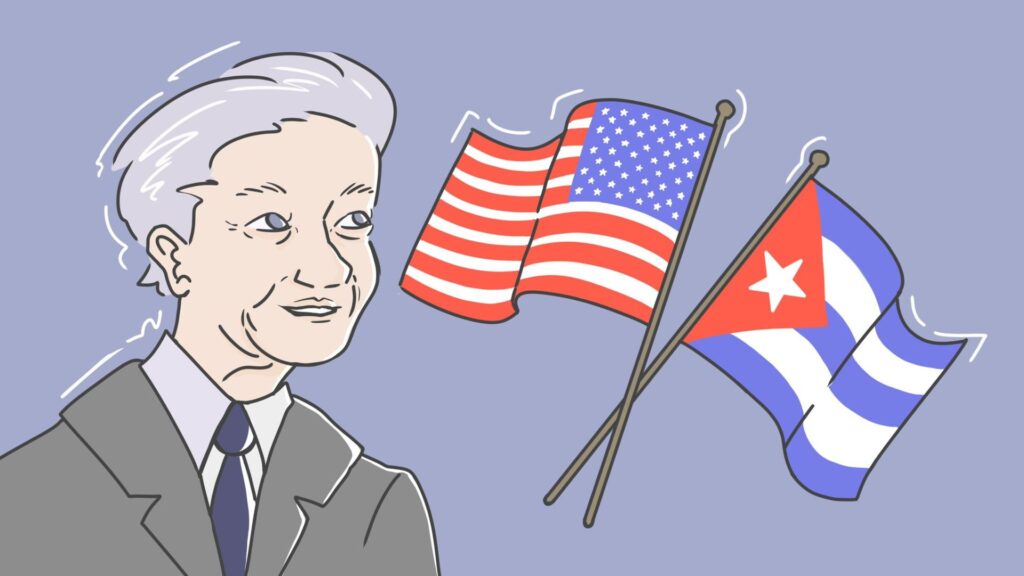Jimmy Carter’s Legacy Still Echoes In Today’s Politics
Former President James “Jimmy” Earl Carter Jr., who served as the 39th President of the United States from 1977 to 1981, died on Dec. 29. He was 100-years-old.
His tenure was marked by many international and domestic turbulent events that continue to influence the present day.
During his presidency, the Cold War was in full swing, forcing Carter to balance his roles of humble peanut farmer and conductor of the international shadow war. However, two events from this era have continued to reverberate into the present.
On Sept. 5, 1978, Carter brokered the Camp David Accords, an agreement between Egypt and Israel. It established diplomatic relations between the two nations, returned land previously seized by the Israelis to the Egyptians and created a framework for negotiations for full autonomy of the West Bank and Gaza within five years.
Domestically, one of Carter’s lasting legacies is the Mariel Boatlift of 1980, especially in Miami.
Following the revolution on the island, in the 1970s, thousands of Cubans left the country.
In April of 1980, after more than 2,000 people flooded the Peruvian Embassy in Cuba, Castro declared that anyone who wanted to leave could do so via the Port of Mariel, as long as they had a ride.
Approximately 125,000 “Marielitos” came from Cuba to Miami from April to October of 1980. It’s the journey some of our parents and grandparents took to get here.
However, South Florida was not prepared for the influx of immigrants.
At the time, Liberty City and Overtown were experiencing rioting due to racial tensions, the perceived privilege of immigrants over natives, and the reallocation of resources to the new Cuban community.
Those who were not settled in South Florida made their way across the United States, mostly finding refuge in relocation centers located at Wisconsin’s Fort McCoy, Pennsylvania’s Fort Indiantown Gap, and most notably—Arkansas’ Fort Chaffee.
Between May and June of 1980, refugees were housed at the Fort Chaffee Maneuver Training Center in Arkansas.
At the facility, refugees faced poor living conditions and racial prejudice. On June 1, a protest broke out that led to 62 being injured and 46 arrested. It was later determined that administrative delays led to the inhospitable environment.
The riot and the inability of the presidential administration to meet the movement would go on to define Carter’s legacy.
In 1984, all Marielitos received permanent legal status, and in 1986, under the Cuban Adjustment Act of 1966, they were allowed to apply for permanent residency.
With the death of Carter and the return of President Donald Trump, there are echoes of the past in the current day.
On his second inauguration day, Jan. 20, as the 47th President of the United States, Trump signed nearly 30 executive orders. Among the proposals: suspension of refugee admissions, citizenship denial for U.S.-born children of non-U.S. citizens or lawful permanent residents, and construction of a barrier at the country’s southern border.
As tensions surrounding immigration and controversy about American identity continues to increase, hopefully, the lessons learned from the Marielitos have stuck.

